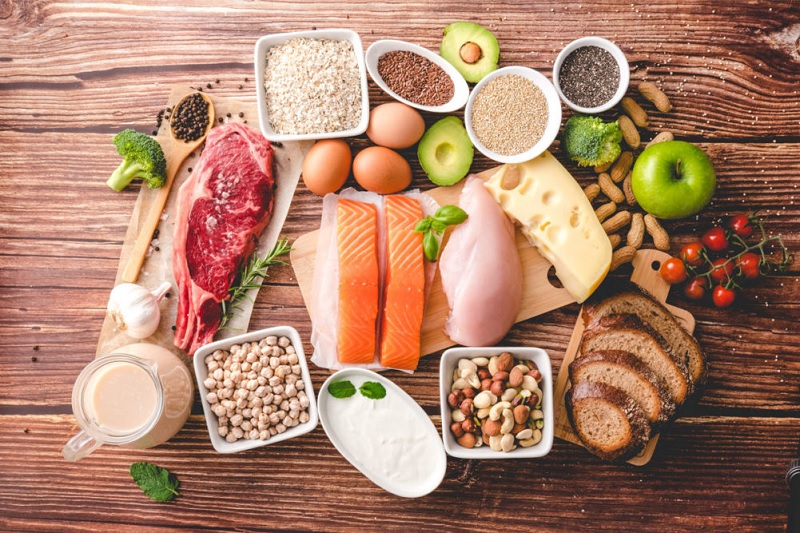Nutrition for energy is crucial as it provides the body with essential nutrients required to fuel daily activities and maintain overall vitality. Prioritizing nutrient-dense foods and avoiding highly processed options contributes to a steady and reliable source of energy throughout the day.

Nutrition for Energy, What the Human Body Needs
Nutrition plays a pivotal role in providing the body with the energy it needs to perform daily activities and maintain overall health. The foods we consume serve as fuel, supplying the body with essential nutrients that are converted into energy through complex biochemical processes. A well-balanced diet, rich in macronutrients, micronutrients, and hydration, is key to sustaining optimal energy levels throughout the day.
Carbohydrates
Carbohydrates are the body’s primary source of energy. Foods like whole grains, fruits, vegetables, and legumes provide complex carbohydrates that release energy gradually, preventing sudden spikes and crashes in blood sugar levels. These foods also offer dietary fiber, which aids in digestion, helps maintain steady blood sugar levels, and promotes long-lasting energy.
Proteins
The next nutrition for energy is protein. Proteins are vital for repairing and building tissues, including muscles. They also play a role in maintaining a stable blood sugar level, which contributes to sustained energy. Lean sources of protein such as poultry, fish, beans, lentils, and tofu are excellent choices. Including a variety of protein sources in your diet ensures that you receive a complete range of essential amino acids.
Fat
Healthy fats are another crucial component of an energy-sustaining diet. Fats provide concentrated energy and support the absorption of fat-soluble vitamins (A, D, E, and K). Opt for sources of unsaturated fats like avocados, nuts, seeds, and olive oil. Omega-3 fatty acids, found in fatty fish like salmon and flaxseeds, have been linked to improved cognitive function and reduced inflammation, enhancing overall energy levels.
Micronutrients
Micronutrients such as vitamins and minerals are essential for various biochemical processes that convert food into energy. B vitamins, particularly B1 (thiamine), B2 (riboflavin), B3 (niacin), B5 (pantothenic acid), and B6 (pyridoxine), play a pivotal role in converting carbohydrates, proteins, and fats into usable energy. Magnesium, iron, and zinc are also crucial for energy production and overall vitality.
Hydration
It is also nutrition for energy. Hydration is often underestimated but profoundly impacts energy levels. Dehydration can lead to fatigue and reduced cognitive function. Aim to drink adequate water throughout the day, and include water-rich foods like fruits and vegetables in your diet.
Balancing your meals and snacks is equally important for maintaining stable energy levels. Incorporate a mix of carbohydrates, proteins, and healthy fats in each meal to provide sustained energy and prevent energy crashes. Avoid relying on highly processed foods and sugary snacks, as they can lead to rapid energy spikes followed by crashes.
Achieving and sustaining optimal energy levels through nutrition requires a holistic approach. Prioritize whole, nutrient-dense foods that provide a balanced combination of carbohydrates, proteins, fats, vitamins, minerals, and hydration. Regular meals and snacks that stabilize blood sugar levels and prevent energy fluctuations are key. By fueling your body with the right nutrition for energy, you can enjoy consistent energy levels that support both physical and cognitive activities throughout the day.